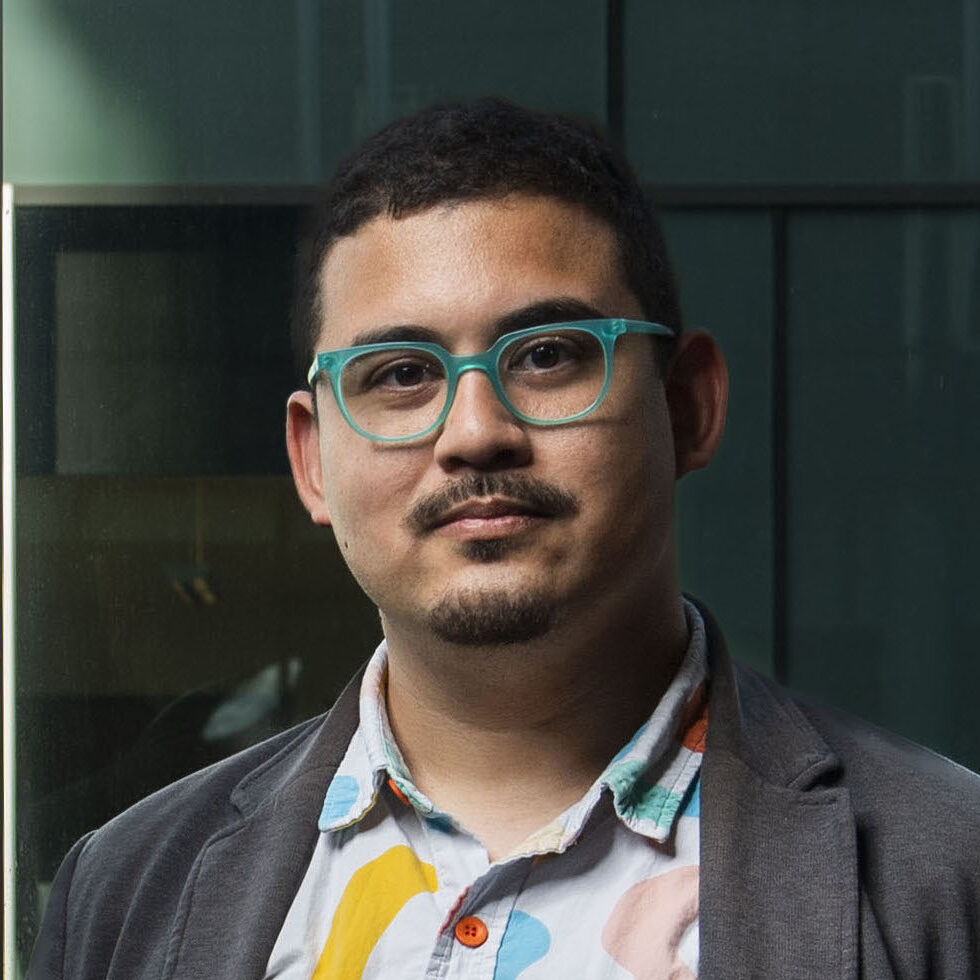Global Task Force
for Inclusive AI
The proliferation of widely accessible automated decision-making and generative AI tools and the rapid development of powerful AI systems brings both opportunities for innovation and the potential for disruptive harm. AI must be developed inclusively, with the consultation of a diverse set of stakeholders and the broader public, to ensure technology can benefit all people and society.
About the Task Force
As a leading forum for addressing the most important and difficult decisions on the future of AI, Partnership on AI launched the Global Task Force for Inclusive AI in 2023.
The Task Force is a body of leading practitioners and researchers across academia, civil society, industry, and policy focused on establishing a framework for ethical and inclusive public engagement practices in the field of AI.
The Task Force aims to enable AI developers to effectively scale participatory collaboration in the design and development of their projects. The multi-stakeholder approach of the Task Force will ultimately create avenues for AI development that center the perspectives and experiences of those historically marginalized.
See the full list of Task Force members.
Now Seeking Public Feedback
Over the last year, the Task Force has worked to develop the Guidelines for Participatory and Inclusive AI.
The Guidelines aim to help practitioners navigate the common challenges that arise in the process of stakeholder engagement to ensure their efforts remain authentic and as equity-oriented as possible. The framework can support individuals’ efforts in aligning their work with the needs of the communities they wish to serve, while reducing the likelihood of harms and risks those communities may face.
To make these resources as effective as possible, we are seeking feedback from experts across the PAI community.
The Need for Inclusive Stakeholder Engagement
Preventing and Mitigating Algorithmic Bias
To develop innovative AI systems, technology developers must address the needs of diverse communities. To mitigate potential algorithmic discrimination and harm, technology developers must engage with their stakeholders, including users and those affected by the deployment of their AI/ML products or systems, in a more inclusive way.
With these goals in mind, the Task Force will establish a set of shared principles and guidelines for the ethical engagement of a diverse body of citizens and stakeholders during the many stages of AI development and develop a publicly-available library of resources and tools.
Through the development of clear recommendations and community standards, the Task Force aims to enable AI developers to effectively scale participatory collaboration in the design and development of their projects. The multi-stakeholder approach of the Task Force will ultimately create avenues for AI development that center the perspectives and experiences of those historically marginalized.
Inclusion as an AI Policy Priority
Policy bodies across the globe have recognized the importance of inclusive practices in developing responsible AI.
The Task Force specifically responds to the call for the engagement of a diverse body of stakeholders and citizens in AI development in the White House Blueprint for an AI Bill of Rights while also being intended to strengthen the delivery of global policy frameworks, such as the EU AI Act and NIST Risk Management Framework, by helping AI developers engage citizens in their implementation efforts.
Through the creation of clear and practical guidelines and resources, the Task Force aims to learn from different stakeholder engagement approaches exercised by community advocates, governmental bodies, and other entities from around the world to ensure there is international consensus on how to better work with people from all walks of life most effectively and ethically.
Task Force Members

Adriana Alvarado Garcia
IBM Research

Juanis Becerra Sandoval
Research Scientist
IBM Research

Anna Colom
Ada Lovelace Institute

Bill Curtis-Davidson
PEAT

Remi Denton
Google Research

Lara Groves
Ada Lovelace Institute

Louise Hickman
Minderoo Center

Jerremy Holland
Apple

Ken Holstein
Carnegie Mellon University

Tamara Kneese
Data & Society

Keoni Mahelona
Kanaka Maoli

Jacob Metcalf
Data & Society

Emanuel Moss
Intel Labs

Wilneida Negrón
Coworker.org

Seeta Peña Gangadharan
London School of Economics

Afsaneh Rigot
ARTICLE 19 and Harvard University

Stephen Rockwell
HumanServices.AI

Lauren Wilcox
eBay
Wilneida Negrón
Coworker.org
What’s Next
Having announced the inaugural members of the Task Force, PAI is committed to growing this important coalition. To recommend additional members for the Global Task Force for Inclusive AI, use this form.
Sign up for our mailing list and stay up-to-date with all of PAI’s Inclusive Research & Design work. For more information about our research in this area and work already underway, led by Dr. Tina Park, Head of Inclusive Research and Design, please read more here.

